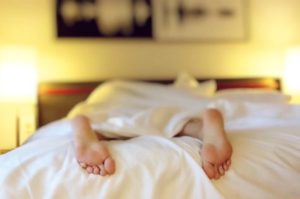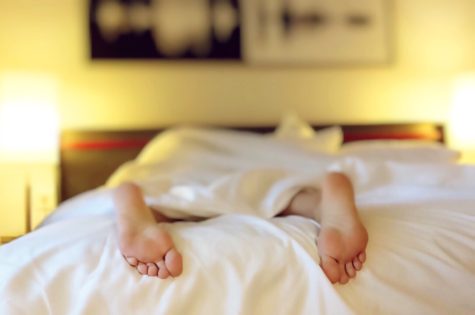WARWICK, England — If you’ve ever woken from a good night’s sleep and proclaimed you felt like a million bucks, turns out you’re right. A new study finds that improving the quality of your rest is actually comparable to the effects of hitting the lottery.
Researchers at the University of Warwick in England analyzed the sleep patterns of over 30,500 individuals in the UK for a period of four years.
Using scores from a popular psychological well-being tool called the General Health Questionnaire (GHQ), the researchers found that an improvement in sleep quantity and quality led to a two-point boost on the GHQ— a comparable increase to winning about $247,000 in lottery.

An improvement in sleep hygiene was also associated with increased levels of physical and emotional health, along with the ability to successfully complete everyday activities.
On the other hand, poor sleep quantity and quality, as well as the use of sleep medications, were positively correlated with worse overall health.
“We are far from demonstrating a causal relationship, but the current findings suggest that a positive change in sleep is linked to better physical and mental wellbeing further down the line,” says Dr. Nicole Tang, the study’s lead researcher, in a university release.
Tang hopes that this study helps demonstrate how better health is “accessible to everyone.” With her study’s findings, she also calls for public health experts to heavily promote the value of good sleep.
Still, further inquiry should be made into “the differences between those who demonstrate a positive and negative change in sleep over time, [while] identifying what lifestyle factors and day-to-day activities are conducive to promoting sleep,” Tang suggests.
In theory, this would help with the creation and design of public health initiatives.
The study was published in the journal Sleep.
